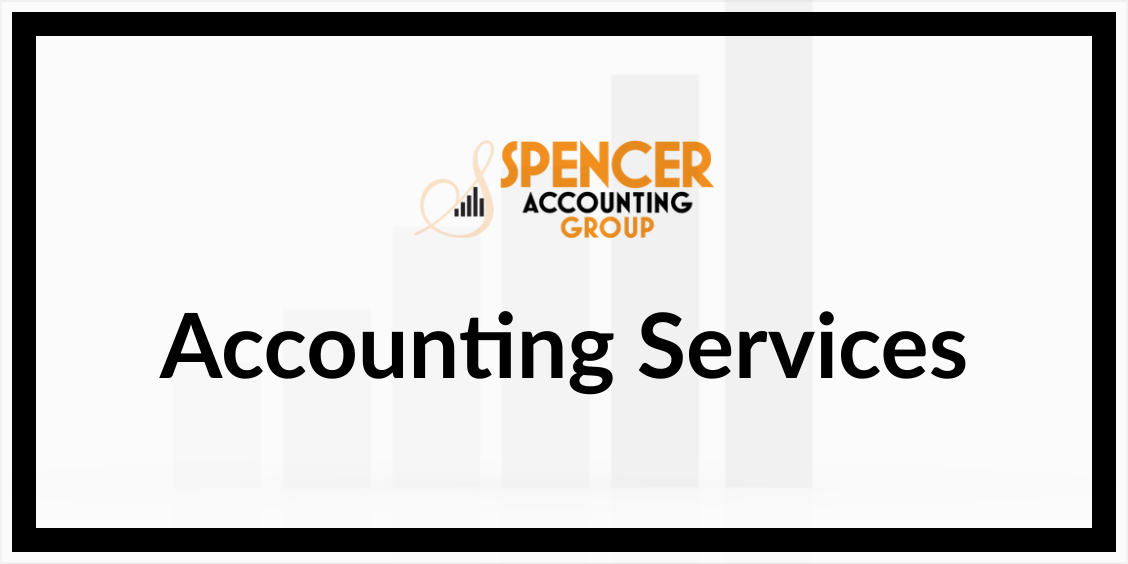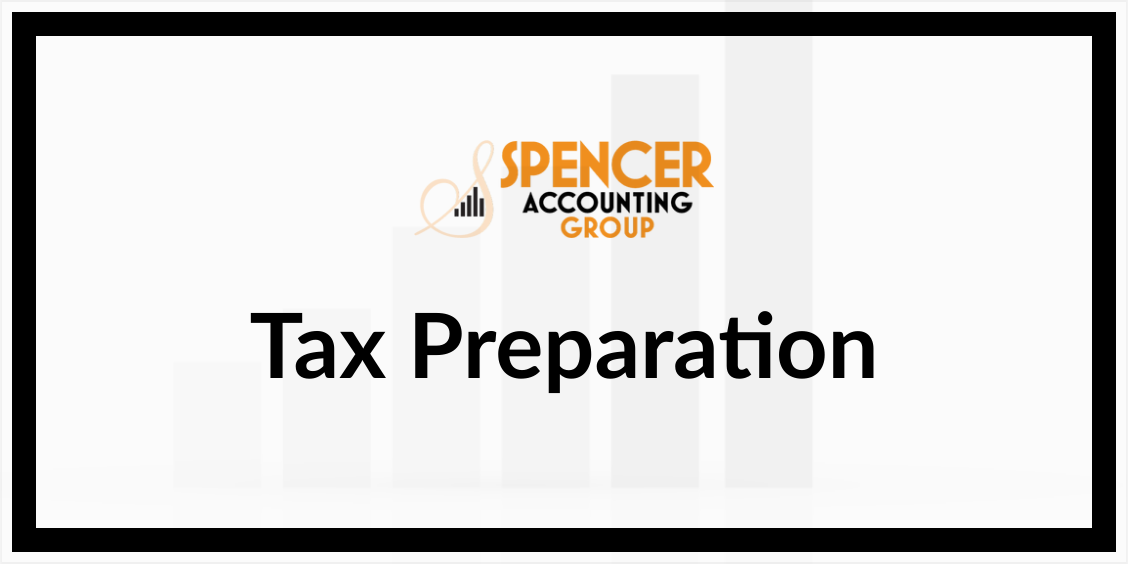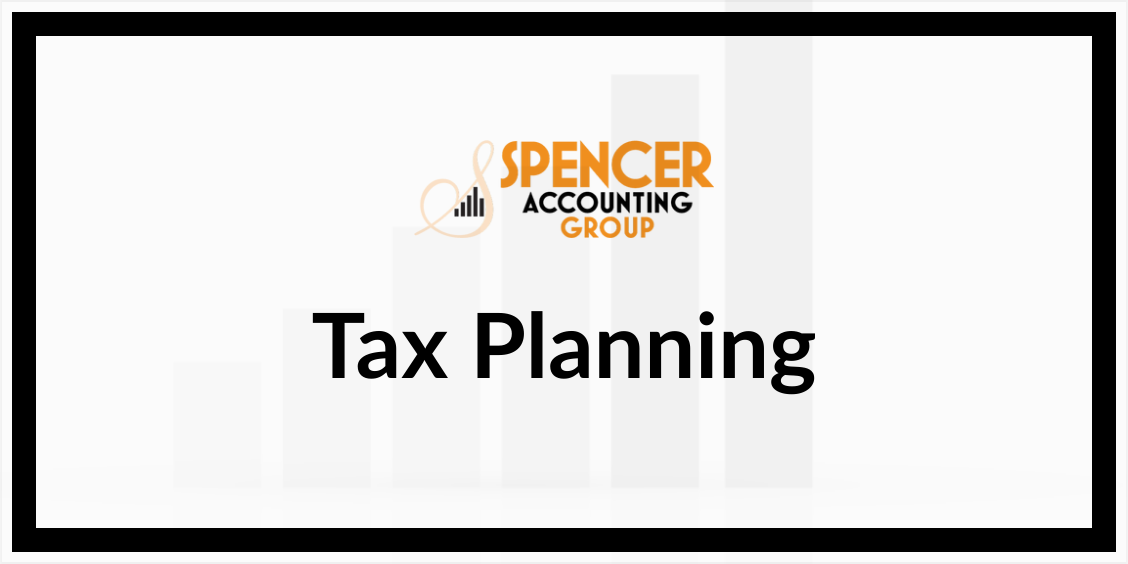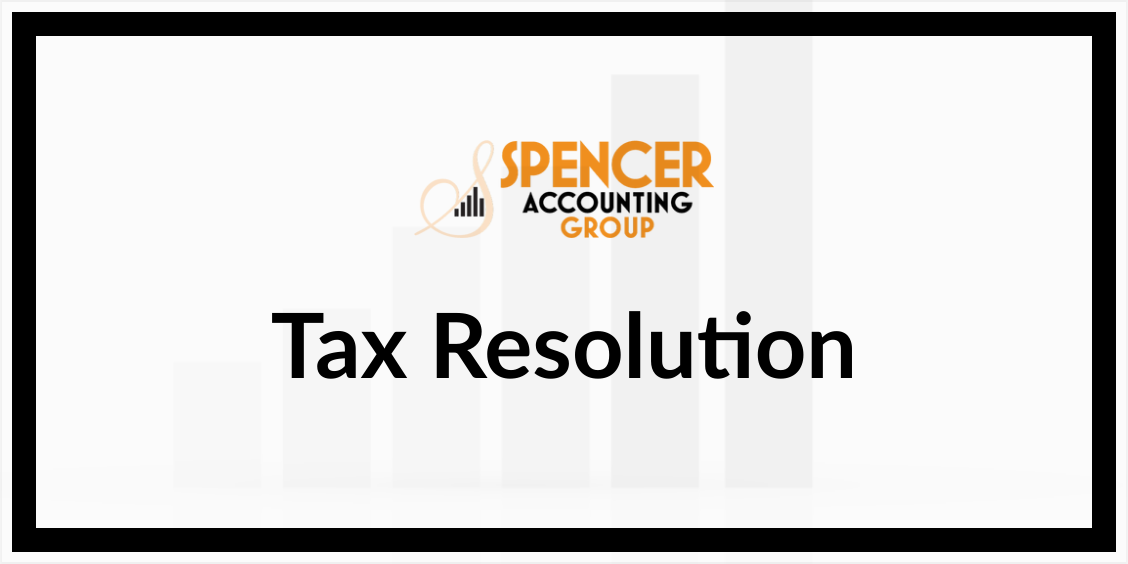|
Disasters such as storms, fires, floods, and hurricanes damage or destroy property. If property such as an office building, rental property, business vehicle, or business furniture is damaged or destroyed in a disaster, your business may qualify for a casualty loss deduction. It’s easier to deduct business casualty losses than personal losses, but the rules are complex. What Casualty Losses Are Deductible Disasters such as fires and floods can result in a “casualty” because the damage, destruction, or property loss is from a sudden, unexpected, or unusual event. Car accidents qualify as a casualty so long as they’re not caused by your willful act or willful negligence. Losses due to thefts and vandalism can also qualify. Insurance covers many casualty losses. You must reduce your casualty loss by the amount of any insurance you receive or expect to receive. But unlike a personal loss, you are not required to file an insurance claim for a business casualty loss. You may wish to not do so if it will result in your policy’s cancellation or an increase in premiums. Amount of Casualty Loss
Your casualty loss can never exceed the adjusted basis of the property involved—usually its cost plus the value of any improvements, minus all deductions you took for the property, including depreciation or Section 179 expensing. If your adjusted basis is zero, you get no casualty loss deduction and could have a casualty gain. The amount of your casualty loss for damaged property is equal to the smaller of
Subtract any insurance or other reimbursement received from the smaller of (1) and (2). You can use an appraisal or repair costs to figure the decline in the property’s fair market value. If a casualty destroys business property, the loss is equal to the property’s adjusted basis minus salvage value plus insurance proceeds, if any. Unlike personal casualty losses, business casualty losses are not subject to a $100 floor and the 10 percent of adjusted gross income threshold to be deductible. Casualty Losses Due to Federal Disasters If your casualty loss is due to a federally declared disaster, you have the option of deducting it in the prior year. This way, you can get a refund of all or part of the tax you paid for that year. Casualty Gains You’ll have a casualty gain if the insurance proceeds you receive exceed the property’s adjusted basis (cost). A casualty gain is taxable. But you can postpone tax on a casualty gain by buying replacement property of equal or greater value within two years (four years for federal disasters). Repair Costs Repairs of property damaged by a casualty are not part of the casualty loss deduction. You capitalize the cost of the repairs and add them to your basis in the damaged property. But then you may qualify to depreciate or Section 179 expense them. If you have any questions or need our assistance, please contact us.
0 Comments
Leave a Reply. |
We're Here to HelpGet advice from our experienced network of financial managers. If you Value our Blog, We have an ask.We spend hours researching data to help you understand your finances and taxes, including historical context, issues, and solutions. Our goal is to empower people to improve their relationship with money. Please consider a $3 donation today. Important Disclosures
Spencer Accounting Group, LLC does not provide investment, tax, legal, or retirement advice or recommendations in these blogs. The information presented here is not specific to any individual's personal circumstances. AuthorKeana Spencer is an Accountant, Entrepreneur, and Educator to her clients, with a strong passion. Keana has over 10 years of experience and through her practice, she is a source of knowledge and strategies to her clients. |


 RSS Feed
RSS Feed




